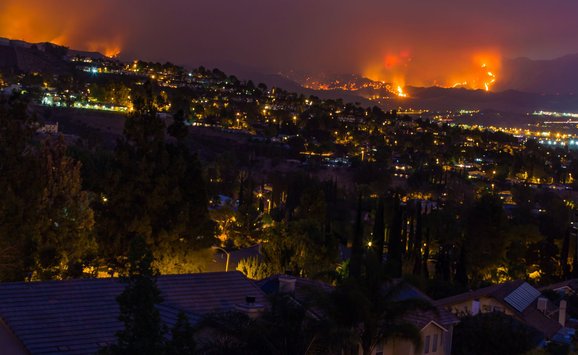Polls taken after the accident at Three Mile Island show that the accident commanded an extraordinary amount of public attention in other industrialized nations that have nuclear energy programs. According to various national polls, 97 percent of the French said they had heard of the accident, 82 percent of the Japanese were aware of it, and 82 percent of the Germans claimed to have followed reports about the accident closely. In two countries, questions probed whether people thought a similar accident could occur in their country. In Canada, 81 percent said this was a possibility. In France, only 13 percent agreed with the idea that France was immune from such an accident.
The accident's impact on public support for nuclear power in these countries varies considerably. Before-and-after trend data are available for five nations in addition to the United States. Allowing for the considerable variation in the wording of questions, and intervals between the surveys, we can discern a rough picture of the accident's immediate effect: sizable increases in public opposition in Canada and Sweden, very little effect in Japan and West Germany, and, if anything, a decrease in opposition to nuclear power in France. Since the French poll, from which these data were taken, does not suggest that the French took the Three Mile Island accident lightly (76 percent regarded it as serious or catastrophic), the best explanation of the French result is that the accident at Three Mile Island failed to arrest the decline in opposition toward nuclear power in that country which has occurred since 1977.






